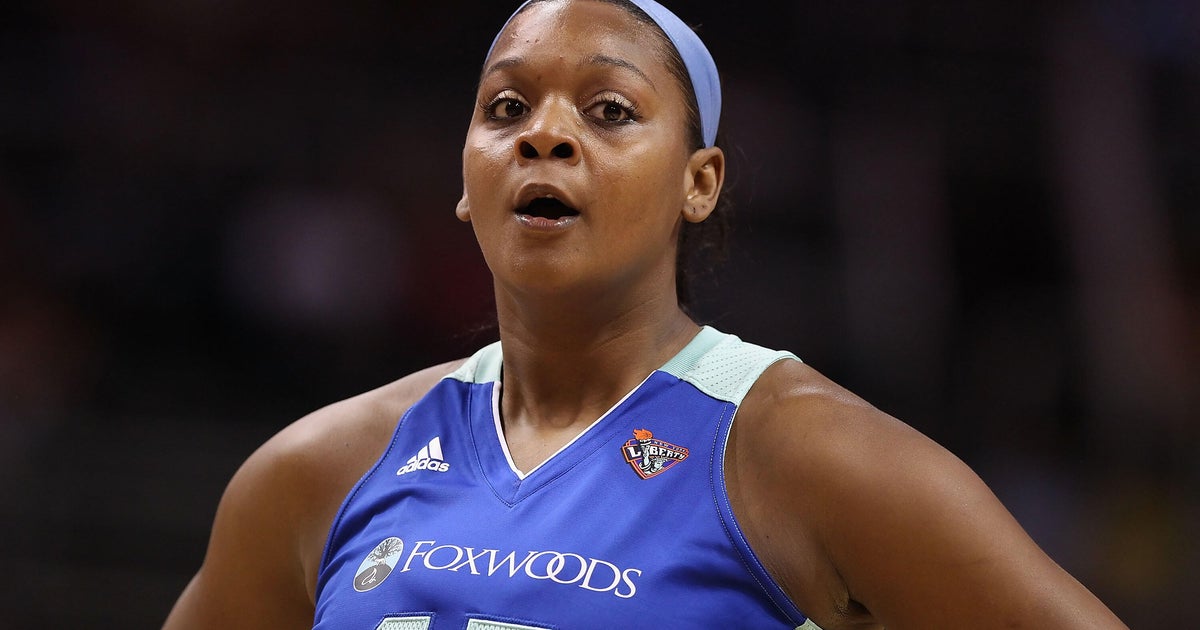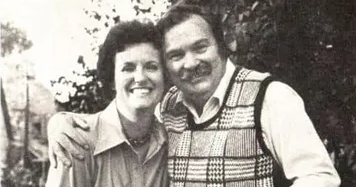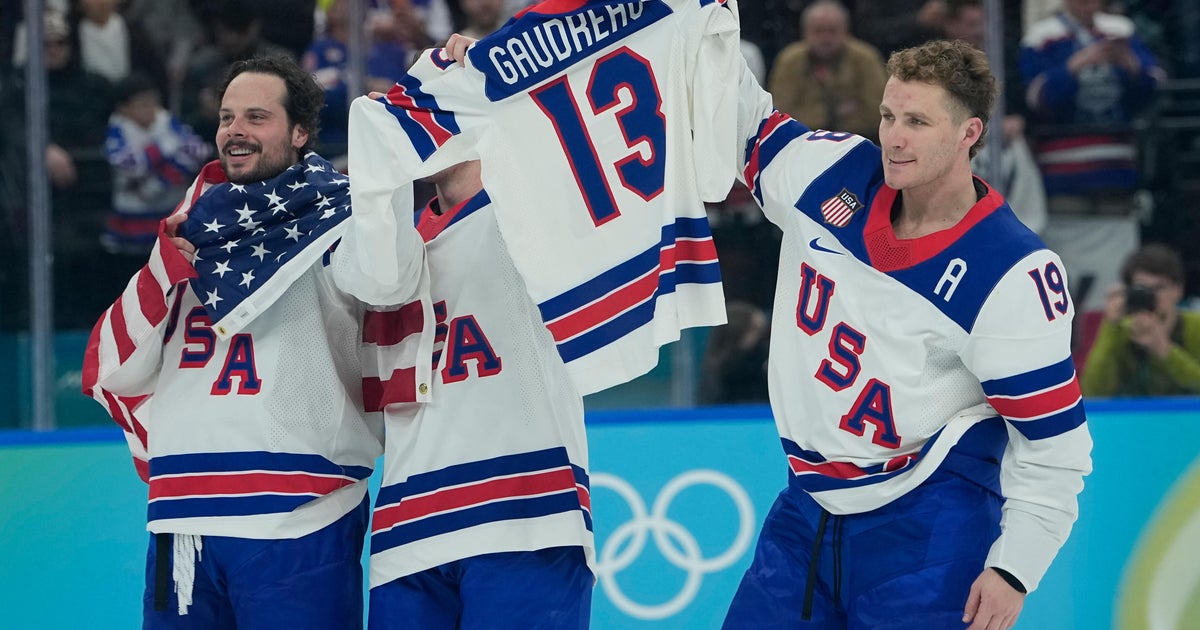NFL Passes Controversial Helmet Rule, Ends Tuck Rule
PHOENIX (CBSNewYork/AP) — NFL owners passed a player safety rule Wednesday barring ball carriers from using the crown of their helmets to make contact with a defender in the open field.
Several coaches and team executives expressed concern about officiating the new rule, but Commissioner Roger Goodell championed it and it passed Wednesday as the owners meetings concluded.
St. Louis Rams coach Jeff Fisher, a member of the competition committee, insisted the new helmet rule won't be over-officiated, and said its passage was met by applause.
Chicago Bears running back Matt Forte called the rule "absurd" on Sunday via Twitter. Hall of Famers Emmitt Smith and Marshall Faulk also strongly opposed the proposal.
"The proposed rule change for running backs might be the most absurd suggestion of a rule change I've ever heard of," Forte tweeted. "In order to lower ur shoulder u obviously have to lower ur head. It's a way of protecting ur self from a tackler and a way to break tackles."
Its passage by a 31-1 vote — Cincinnati voted no — was the second significant step in protecting defensive players; on Tuesday, the league took the peel-back block out of the game.
"There was a lot of discussion," Steelers President Art Rooney said of the helmet crown rule, "but the way it was presented was the most effective way to address it."
The tuck rule, one of the most criticized rules in pro football, was eliminated. Now, if a quarterback loses control of the ball before he has fully protected it after opting not to throw, it is a fumble.
Rooney said the Steelers were the only team to vote against getting rid of the tuck rule. New England and Washington abstained.
"We didn't think it was necessary to make that change," Rooney said. "We were happy with the way it's been called."
Video review now will be allowed on plays when a coach challenges even though he is not allowed to. But the coach will be penalized or lose a timeout, depending on when he threw the challenge flag.
That change stems from Houston's Thanksgiving victory over Detroit in which Lions coach Jim Schwartz challenged a touchdown run by the Texans' Justin Forsett. Although officials clearly missed Forsett being down by contact before breaking free on the 81-yard run, when Schwartz threw the red flag on a scoring play that automatically is reviewed, the referee could not go to replay.
That loophole has been eliminated.
Goodell was eager to get approved the competition committee's proposal to outlaw use of the crown of the helmet by ball carriers, and there was talk the vote would be tabled until May if the rule change didn't have enough support.
But after watching videos of the play that clearly showed the differences in legal and illegal moves by ball carriers, the owners voted yes — and then applauded the decision, something Fisher said is "rare."
"We had discussions with the players association and the players themselves, the coaches' subcommittee," said Fisher. "A lot of people talked to us about this rule and how to roll it out in our game."
The penalty will be 15 yards from the spot of the foul, and if both the offensive and defensive player lowers his head and uses the crown of the helmet to make contact, each will be penalized.
"It'll certainly make our runners aware of what we expect relative to use of the helmet," Cowboys owner Jerry Jones said. "One of the questions I ask a lot is who gains from this, offense or defense? And it's a toss-up as to which side of the ball has the advantage on this rule, if any. The main thing is it's pro-health and safety, and that's the big thing."
The owners discussed simply using fines on ball carriers to eliminate the tactic, but instead voted to make the rule change.
"Jim Brown never lowered his head," Rooney said with a smile. "It can be done."
Your thoughts on the rule changes? Let us know in the comments...
(TM and © Copyright 2013 CBS Radio Inc. and its relevant subsidiaries. CBS RADIO and EYE Logo TM and Copyright 2013 CBS Broadcasting Inc. Used under license. All Rights Reserved. This material may not be published, broadcast, rewritten, or redistributed. The Associated Press contributed to this report.)







